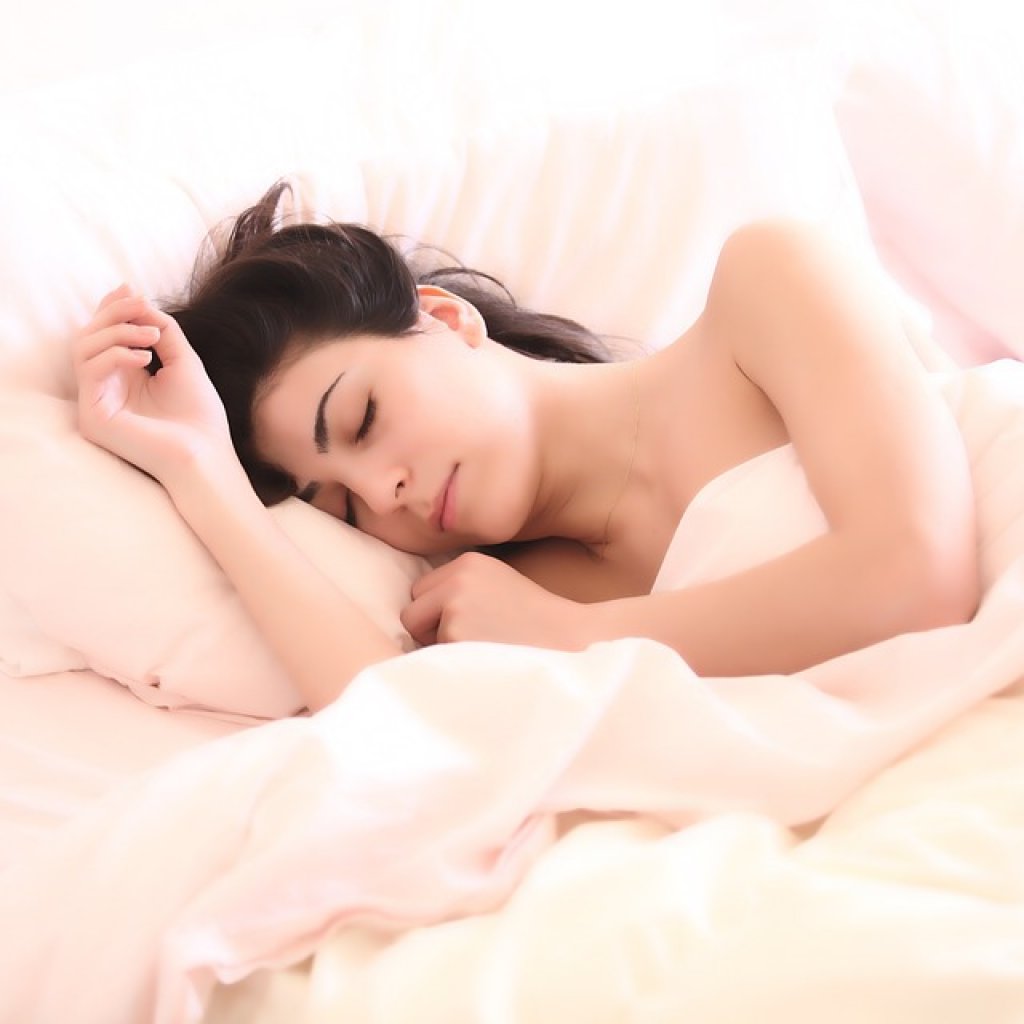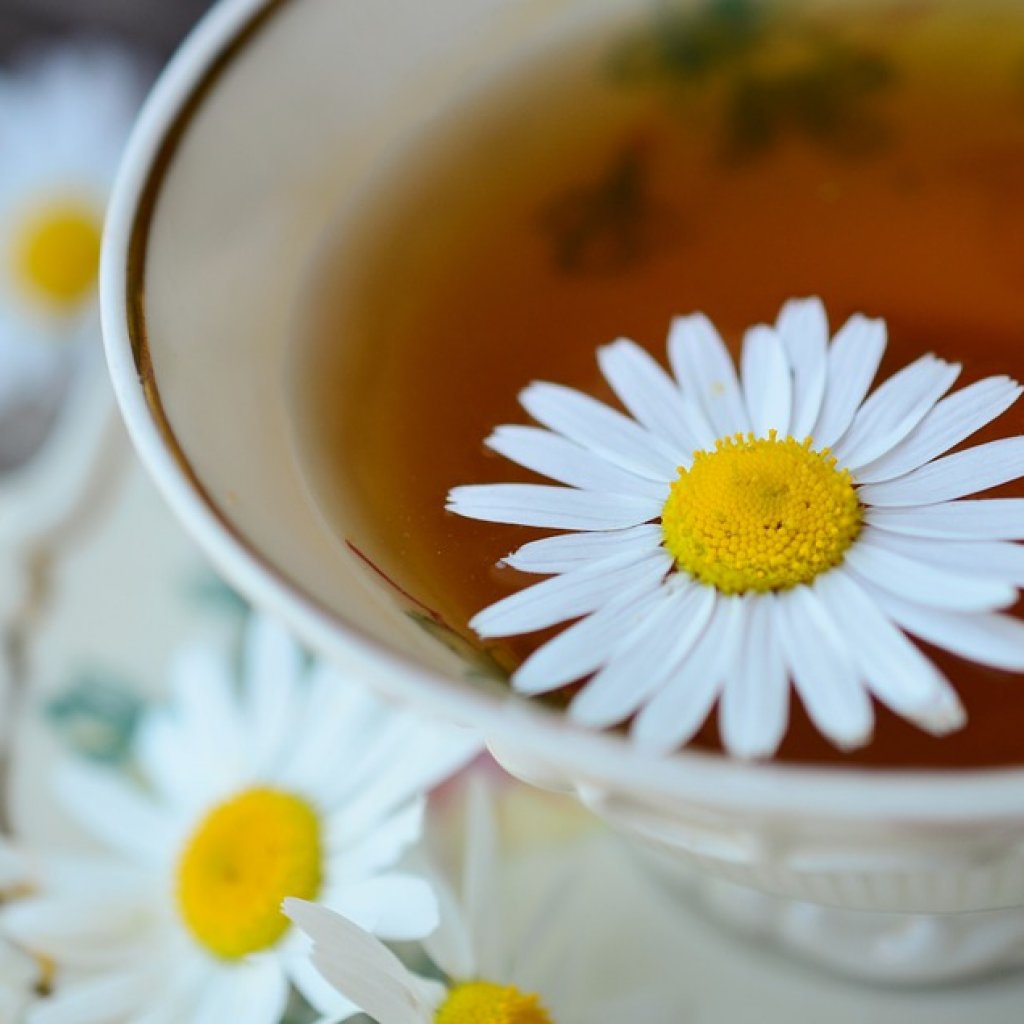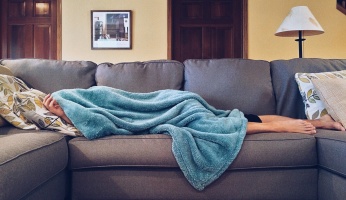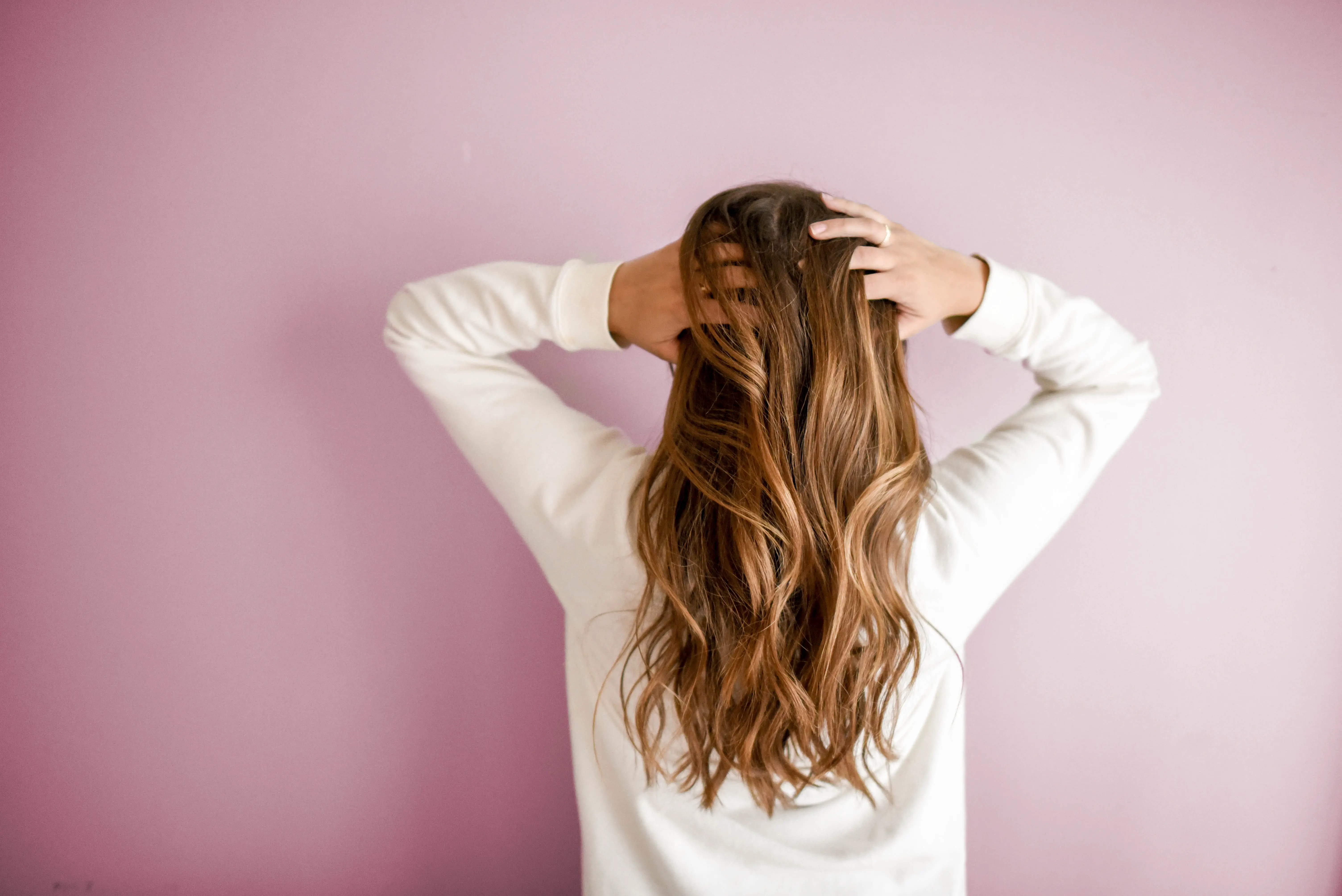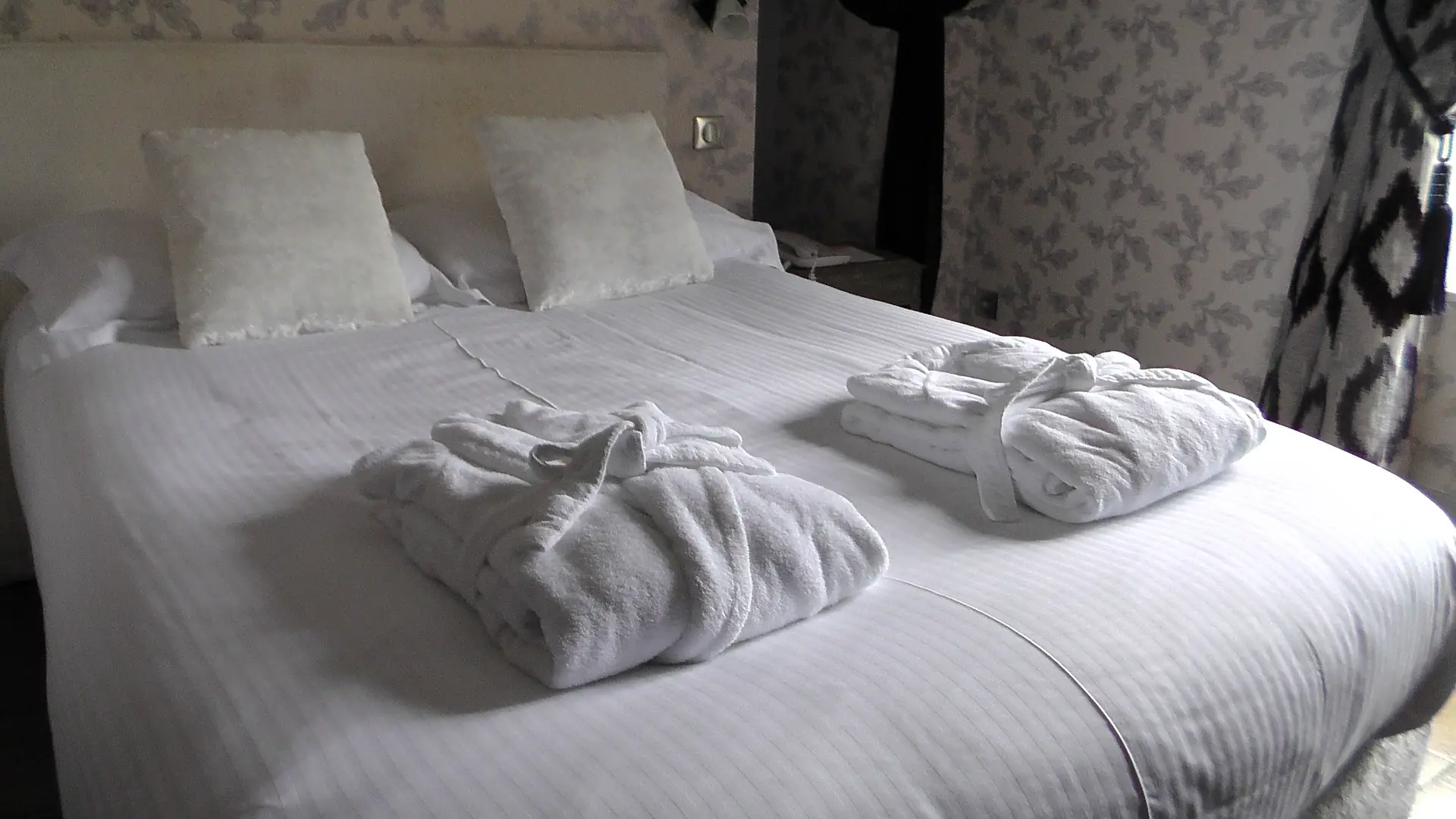Sleep 101: Natural Sleep Remedies to Try Tonight
 Sleep 101: Natural Sleep Remedies to Try Tonight
thegearhunt.com
Sleep 101: Natural Sleep Remedies to Try Tonight
thegearhunt.com
Insomnia, that dreaded word that causes you to toss, turn, and not be able to get a decent night’s sleep, no matter how hard you try. There are many different causes of insomnia out there and a few symptoms to watch out for if you suspect that your insomnia is becoming a problem. Sleep deprivation is nothing to play with and can be deadly if it goes on long enough.
There are also many different remedies and aids out there for helping people get the recommended eight hours of sleep it is said you need to function normally and well the next day. We all know that there is little worse than having a big day ahead and not being able to get to sleep the night before. You toss, turn, toss again, count sheep, and still, your mind will just not shut down so that you can get some shuteye.
There are many remedies out there that are said to help eliminate insomnia and quite a few of them work well. However, the over the counter medicines that contain sleep aids, have been known to leave you irritable, still tired, and barely functioning the next day. If you are tired of the prescription drugs and over the counter remedies that contain drugs making you feel worse than if you hadn’t slept at all, you will be happy to know that there are some natural sleep remedies out there as well, that you can try tonight.
In this guide on sleep remedies, we will not only talk about some natural remedies to help you sleep but the effects of and causes for insomnia as well. We’ll also go into a bit of the signs and symptoms that you need to look for. If you are having problems sleeping to the point that you can’t function, it’s time to talk to your doctor about solutions and see if there is an underlying cause to your problem as well.
So, without further ado, grab your glass of warm milk, curl up in a chair, and follow us as we delve further into our blog on sleep 101 and the natural sleep remedies you might want to try tonight.
Causes of Insomnia Revealed
Chronic insomnia is often a result of too much worry and stress in your life. If you have insomnia for any extended period of time, it can turn into sleep deprivation, which can be fatal if not treated. If you get to the point where your insomnia is really bothering you, then it’s best to contact your doctor for help and to see if there is an underlying cause for your issue. Below, we will go into a few of the most common causes of insomnia together.
Stress
Stress is the number one most common cause of insomnia. Whether it is concern about school or work or a life event that you couldn’t help, stress can cause us all to lie awake at night, tossing and turning, because our minds won’t turn off long enough to get some sleep.
Travel or a Change in Work Schedule
Traveling or a change in your work schedule from days to night or from nights to days can throw off your sleep patterns, which can lead to insomnia. Suffering from jet lag can cause this, as can constantly working swinging shifts on the job.
Poor Sleep Habits
Poor sleep habits are another common cause of insomnia. Things like being on an irregular bedtime schedule, taking naps during the day, participating in stimulating activities right before bedtime, and too much screen time can all lead to not being at to sleep at night. Eating in, working in, and watching TV in your bed can also lead to an uncomfortable and restless sleep.
Eating too Much Late at Night
If you want to eat a light snack before bed at night that’s fine, but it’s not a good idea to eat too much. Eating too much can cause you to be uncomfortable when lying down, making it hard to fall asleep. It can also lead to heartburn, stomach aches, indigestion, and acid reflux, you certainly won’t get any sleep if you are suffering from these problems.
These are a few of the most common causes of insomnia, but there are more. Read on below for a list of them.
- Mental health disorders
- Medical conditions
- Medications
- Caffeine, nicotine, alcohol
- Sleep-related disorders
There are also quite a few risk factors that lead to insomnia as well. While everyone has a sleepless night every now and then, your risk of developing insomnia is greater, if you are one of the following.
- A woman
- Over 60 years of age
- You suffer from a mental health disorder
- You have a physical condition
- You’re under a ton of stress
- You don’t have a regular sleep schedule
Symptoms of Insomnia
While it is completely normal for you to have a sleepless night every now and then, it isn’t normal for it to be an ongoing thing. Below, you will find some signs and symptoms that you might be suffering from insomnia and need a little help getting rid of the problem.
- Waking up frequently during the night
- Having a hard time falling asleep at night
- Waking up way too early in the morning
- Not feeling like you rested well after the night is over
- Being sleepy or tired during the day
- Anxiety
- Depression
- Being irritable
- You have a hard time paying attention, focusing on tasks, and remembering things
- Your number of errors and accidents is steadily increasing
- You are worried about your sleeping habits and patterns
This is just a little bit of what you need to know about insomnia and how it can affect you. From the signs and symptoms to the causes of the condition, if you are having a hard time sleeping, then you need to get help before it gets any worse.
In our next section, we are going to go into a few of the natural sleep remedies that you can try to ensure you get a good night’s sleep and are raring to take on the world the next morning.
Natural Remedies to Help You Sleep Tonight
There are quite a few remedies out there to help you sleep tonight, from prescription drugs to over the counter medications. However, if you’re like most of us, those medications leave you feeling drowsy and irritable the next morning. Below we will go into a few of the top natural remedies out there that have been proven again and again to be successful at curing insomnia.
Chamomile
Chamomile has been lauded as being one of the most effective sleep remedies out there for centuries now. It is a gentle herb that has a calming effect on anyone who uses it, and it’s all-natural, so you don’t have to worry about any unpleasant side effects. Not only does it help promote sleep, but it is also said to help the quality of sleep on postnatal women and to combat the symptoms of depression as well. Though there is no recommended dosage of chamomile you can take, there are a few ways that you can use this herb to benefit from it. Those are listed below for your perusal.
- Drink it as an herbal tea right before bed
- Use as a chamomile essential oil. You can apply this to your skin or inhale it, for a calming effect
- Take chamomile in a tablet or capsule
Chamomile isn’t only good for promoting sleep. It has also been rumored to help with digestion, soothing and healing the skin, relaxing muscles, and healing headaches as well.
It is important to note that if you are allergic to any part of the daisy family, you shouldn’t use Chamomile in any form.
Melatonin
Melatonin is another natural remedy that can help you fall asleep quickly at night. You simply take a tablet about 15 minutes before bedtime and you should sleep until morning. Supplemental melatonin has been known to boost your sleep and help you rest well at night. The recommended dosage is between one and five milligrams. Don’t take this sleep aid for over two weeks. If you have taken it for to weeks and are still having problems sleeping, it’s best to discontinue use and contact your doctor for help, instead.
Melatonin is also said to help with jet lag, fighting inflammation, and building up your bodies immunity.
There have been a few side effects reported with the use of melatonin. Those are listed below.
- Depression
- Being groggy in the mornings
- Being irritable
- Stomach cramps
If you experience any of these side effects while taking melatonin, it’s best that you discontinue use until you speak with your primary health care provider. Melatonin has been known to be a great sleep aid, but it isn’t something that you want to depend on every night. If your symptoms persist, it is best to contact your doctor, so that he can determine if there is an underlying cause for your condition.
Lavender
Lavender is everywhere you look these days. From air fresheners to fabric refreshers and from washing liquids to scented candles. The reason for this isn’t only that lavender makes things smell amazing, but that it promotes relaxation as well. Since it is thought to boost your well being and your health, it’s a good thing to have around, even if you don’t have problems sleeping. It is said to promote healthy sleep as well, however. There are a number of ways that lavender can be used to help with your insomnia, they are listed below.
- A few drops in a diffuser by your bed can promote sleep
- You can rub the diluted essential oil onto your forehead and around your nose
- Put a few drops on your pillows before bed
- Use some dried lavender to make a tea or sachets that you scatter around your home, especially in the bedroom
Lavender is also known to relieve headaches, be a good pain reliever, improve your blood circulation, to be a scalp and skin disinfectant, ease stomach cramps, and even alleviate breathing problems.

These are a few of the main natural remedies that have been known to help relieve insomnia and promote a good night’s sleep. There are a few more listed below for you to research and decide if they are right for you.
- Warm milk
- Other types of herbal teas
- 5-HTP
- Ginseng
- Passionflower
- Hops
- Valerian root
- Glycine
- Meditation
Risks and Warnings
Of course, even with natural sleep remedies, there are a few warnings and risk you should follow. Those are listed below as well. You shouldn’t take natural sleep remedies on these occasions.
- You are pregnant or breastfeeding
- You are taking any kind of antidepressants, sedatives, or prescription drugs without consulting with your doctor first
- You are scheduled for an upcoming surgery
Natural sleep remedies are a good way to help you overcome a sleepless night and even slight insomnia, however, they aren’t meant to be taken long term. If your symptoms don’t change, it’s important to schedule an appointment with your primary care provider to see if there is an underlying cause to your condition. It’s best to be safe than sorry, as insomnia can lead to sleep deprivation, something that can be fatal if not treated properly.
This concludes our blog on natural sleep remedies that you could try tonight. Remember, sleep is important to your health and should never be taken lightly. Happy and restful sleep, everyone! Until next time!
Sources:
- Healthline: 8 Natural Sleep Aids: What Works?
- Mayo Clinic: Insomnia
- Healthline: 9 Natural Sleep Aids that Are Backed by Science






